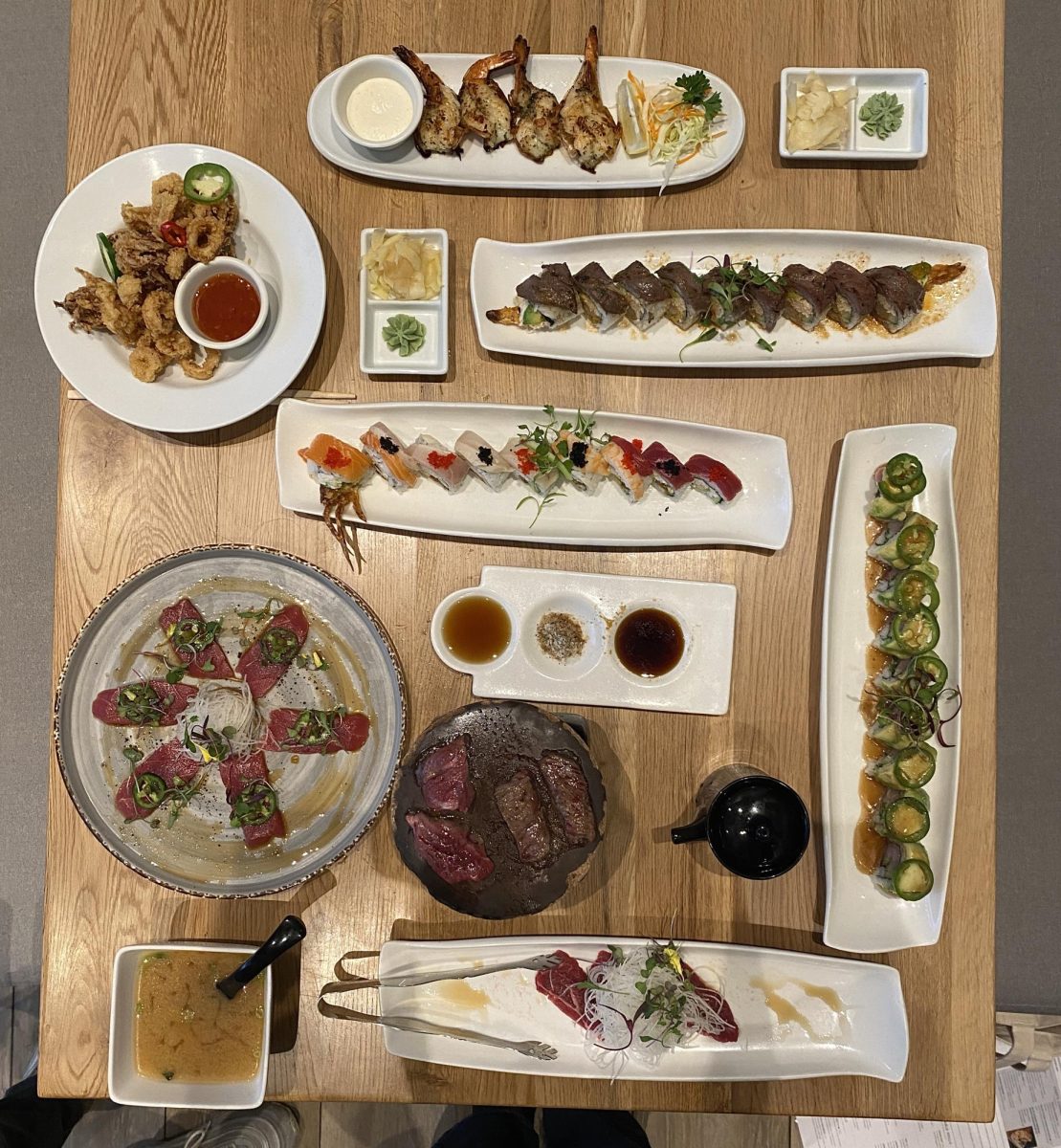Substack: A Platform Providing an Opportunity to Aspiring Writers Everywhere … But With its Own Perils.
May 1, 2023
Writers and journalists are feeling the weight of post-grad career opportunities more than ever, but free platforms like Substack can offer some solace to the creative community.
Aspiring young writers and journalists often hear the same warnings when it comes to their careers: it will be impossible to get a job post-graduation … the industry is dying … wouldn’t you be better off just going into computer science? While some of this is certainly exaggerated, there’s no denying that the modern internet age and the Great Recession have not exactly rolled out the welcome mat. Just over the last week, Buzzfeed News announced its immediate closure, and the introduction of AI technologies such as ChatGPT is speculated to portend an ominous future for writers. These blows are especially catastrophic for college students looking for their first jobs, without pre-established connections.
Given that, the appeal of being able to start and monetize one’s own blog or newsletter online as a freelancer is difficult to ignore, and there is a growing online platform called Substack that has aimed to capitalize on that. Founded in 2017, Substack offers anyone the ability to start a newsletter, update it however often they’d like, and write about whatever they choose. Submissions can be either free for anyone to read or paywalled to subscribers — ordinary readers who choose to give anywhere from $5 to $20 a month to the writer, up to the writer’s discretion.
At its best, the ease of access and lack of restraints can offer a platform for talented young writers in college to make more money and unlock better career opportunities than they could through the grind of networking and internship applications. One popular and rapidly ascending newsletter, with over 6,000 paid subscribers, is run by a political science student at the University of Georgia who decided to try longform writing after having success predicting the results of the 2022 midterm elections on Twitter. He asked to remain anonymous due to concerns about maintaining his newsletter’s anonymity.
“I used to work for my school newspaper,” he said. “It was enjoyable enough, but was so much more limiting, from the audience to the topics to the length to how much I could promote it myself. I’m able to write about way more topics in much more detail to far more attention than I got even in the best opportunities through the system.”
Yet, it would be wise to hold off celebrating platforms like Substack as the future of journalism and a sanctuary for amaetur writers across the globe. By his own acknowledgement, the rapid success of the student’s newsletter has been an exception, and the CEO of Substack, Chris Best has acknowledged that most contributors are going to make “tip money” — not a primary source of income.
Looking at the list of the most subscribed publications on the site, it’s easy to notice they are primarily well-established names in the highest echelons of journalism or academia. The No. 1 author, with close to a million subscribers, is Heather Cox Richardson, a historian and public intellectual who currently teaches at Boston College and has published six well-regarded books on American history.
Directly below her, however, the names are also well known but become much more controversial, political, and right-leaning. In the top ten alone there’s Matt Taibbi, the former Rolling Stone editor who recently testified before Congress on alleged mass censorship of negative stories about the Biden family, along with Bari Weiss, the erstwhile “New York Times” columnist who publicly quit and denounced the paper over what she called an “illiberal epidemic of cancel culture,” and Glenn Greenwald, the Rio de Janeiro-based reporter and polemicist.
Of course, not all or even most of Substack’s most successful political writers incite much controversy, and in any case, neither Taibbi, Weiss, or Greenwald fit the conventional conservative Republican mold. What can be surmised, though, is that Substack’s policy of essentially unrestricted ability to publish whatever one wants, without requiring things like editors or fact-checkers, favors journalists inclined to write provocative and ideological pieces that play fast and loose with facts.
Ryan Cooper, managing editor of “The American Prospect” as well as a national correspondent for “The Week,” was deeply skeptical of Substack’s supposed benefits.
“Most dangerous is the risk of audience capture. The easiest way to get attention is with inflammatory writing on hot button topics,” Cooper told The UCSD Guardian. “[It’s] very easy to back yourself into a situation where you depend on those people for your income, and human nature being what it is, convince yourself that pandering4 to them is actually fine. The lack of editors, or editors who don’t depend on you paying them, can worsen this process.”
He went on to specifically cite Taibbi and Greenwald. Both originally began their careers as left-wing writers but have, in recent years, increasingly allied themselves with the Trumpist faction of the Republican party. Some fear this pattern will continue on Substack as the structure of the platform and freelance publication more broadly can incentivise authors to distort the truth in search of profit.
This certainly doesn’t mean that Substack offers no value to aspiring writers, journalists, and other creative types. While the odds of breaking it big writing from one’s couch are low, schmoozing one’s way into a job in the industry isn’t much easier, and pocket change and the ability to improve one’s writing skills in front of a real, live, paying audience is something hard to come by in real life.
But despite all the owner’s gloss about revolutionizing journalism and the genuinely inspired writing on the platform, it’s hard not to shudder at some of the most popular newsletters being devoted to endless articles about Hunter Biden and anti-trans fear mongering. If Substack ever wants to replace conventional journalism and become the go-to place for aspiring writers, it will likely need to take concrete steps to attract a different kind of crowd than the “heterodox” right-wingers that flock to it.
Editor’s Note: The student from the University of Georgia mentioned in this article was granted anonymity by request because of political and privacy reasons.
Photo Courtesy of Cottonbro Studio














